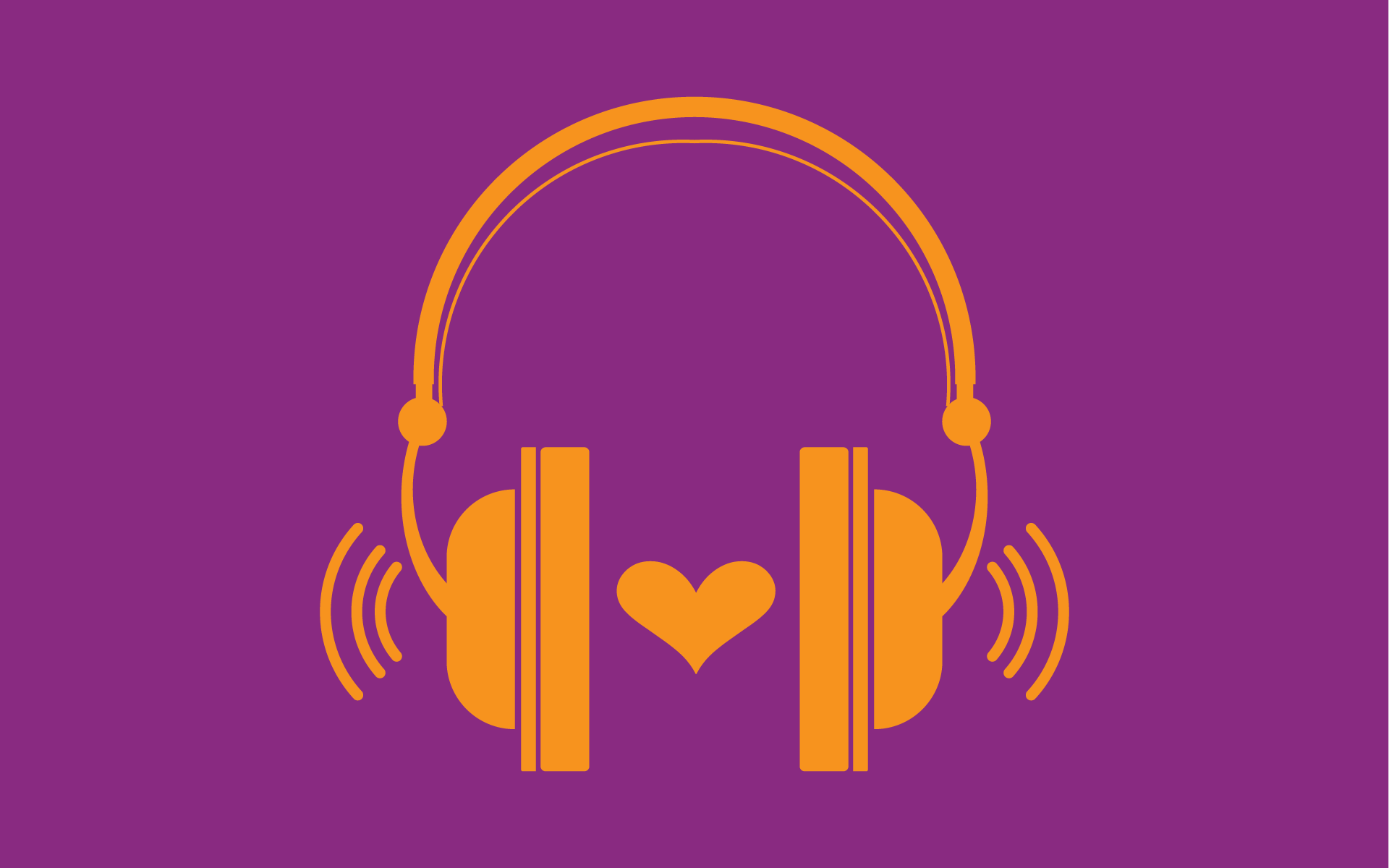I’m battling rush hour traffic and listening to talk radio: fires, crime, corruption. I need an antidote, so I channel-surf until I land on the music station, Magic FM.
“The next song is a blast from the past,” announces the DJ. A familiar tune begins.
I recognise it before the opening chord—A, D, G, Bm7—is over. This song kept me company for months.
It’s like I’ve stepped into a time machine. I’m transported back to my res room, where I’m nursing a whisky and a broken heart.
“If,” croons Paul Heaton, The Beautiful South’s lead singer, “if you choose, that we will always lose, well, then I’ll sail this ship alone.”
It’s a song about a relationship in tatters. The song was my anthem 25 years ago, and I listened to it on an endless loop. It helped me deal with the pain of heartbreak.
Now it stirs up a flood of emotions as its melancholic melody smacks me in the solar plexus.
“And if, if you swear, that you no longer care…well, then I’ll sail this ship alone.”
A minute of angsty pain later, the tempo lifts, the beats increase, the music fizzes with energy, and, as it reaches a stirring crescendo, Heaton roars: “I’ll SAIL THIS SHIP ALONE!”
Desperation transforms into triumph. The song comforted me, helped mend my broken heart, inspired me, and gave me joy.
One song made me feel so many things. It still does.
“That was magic,” announces the Magic FM DJ.
No, not magic, says Professor Bill Thompson, a music psychologist at Australia’s Macquarie University and author of Music, Thought and Feeling. It’s science.
According to Thompson, music is an effective strategy to help us cope during tough times because it releases feel-good neurochemicals such as dopamine.
A 2013 study, published in the Journal of Positive Psychology, found that people who listened to upbeat music improved their moods in just two weeks. Who needs psychologists when you’ve got The Beatles?
Researchers at Tokyo University of the Arts could understand why people listen to happy music but were confused why people listen to sad music when it evokes sadness. Except, they found, it doesn’t. Sad music makes us happy.
That’s magic, surely. Nope, science again.
When we listen to sad music, we perceive the sad emotions, but derive pleasure from the music.
In a similar experiment, Prof Thompson found that after heavy metal fans listened to death metal in all its vicious and violent gory, they didn’t want to scurry away to bite off a rat’s head. In fact, they became joyful and calm.
A study at De Montfort University’s School of Psychology in the UK found that sad music helps grieving people make sense of their loss.
Grief is not a problem that “can be solved” and the only way to feel better is accepting the situation. Listening to sad music helps with this.
Sad songs also make us realise we’re not alone in our grief, which is comforting.
There’s a biological reason too, says Shahram Heshmat, a professor at the University of Illinois. He explains that sad music tricks the brain into releasing prolactin, a hormone that produces a consoling psychological effect.
Music doesn’t only help with emotional pain; it helps us overcome physical pain.
In a 2006 study, Music and pain: Evidence from experimental perspectives, participants plunged their hands in ice water.
Those who listened to their favourite tunes could withstand pain for significantly longer than those who didn’t.
Music reduces physical symptoms such as high blood pressure, heart rate, and the stress hormone, cortisol.
A study published in the Psychosomatic Medicine journal showed a significant decrease in anxiety and hypertension among patients who listened to music before going into surgery.
Music has also been found to improve memory and concentration, helping us work more efficiently.
In 2020, University of California researchers asked 2,500 people about their responses to songs from a range of genres, including rock, pop, folk, jazz, classical, and heavy metal.
They identified 13 kinds of feelings music elicits: amusement, joy, eroticism, beauty, relaxation, sadness, dreaminess, triumph, anxiety, fear, annoyance, defiance, and feeling pumped up.
The study suggests listening to Vivaldi’s Four Seasons to feel energised, to Israel “Iz” Kamakawiwoʻole’s Somewhere over the Rainbow for an injection of joy, and Al Green’s Let’s Stay Together for music to make-out to.
They also say that the violin-shrieking score from the shower scene in Alfred Hitchcock’s Psycho triggers terror, which may make it just the right music to play when you need to encourage a lingering guest to leave.
Music makes us happy, inspires us, heals us and makes us feel like there’s nothing we can’t do. Sure, it’s science, but it’s a kind of magic too.

Leave a Reply